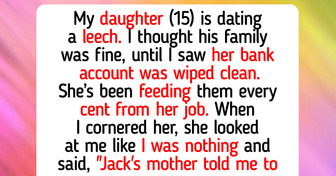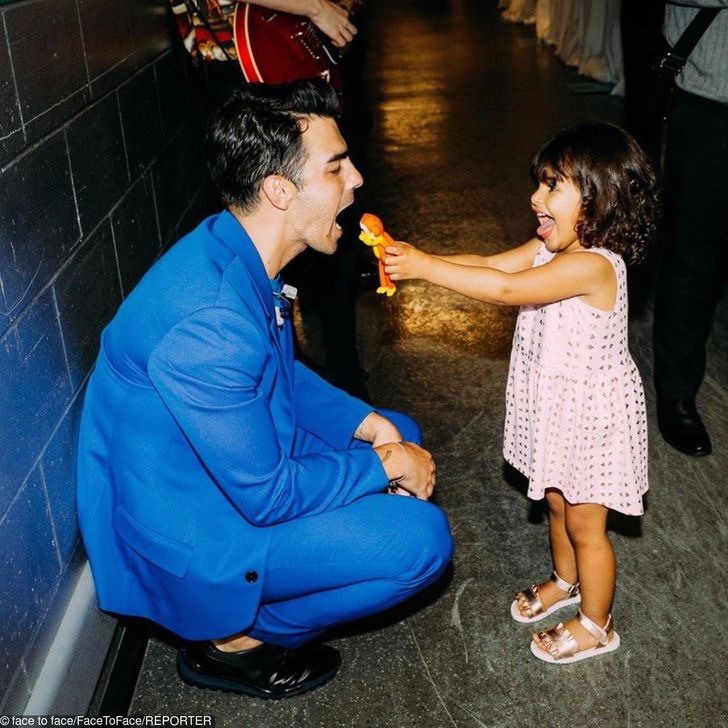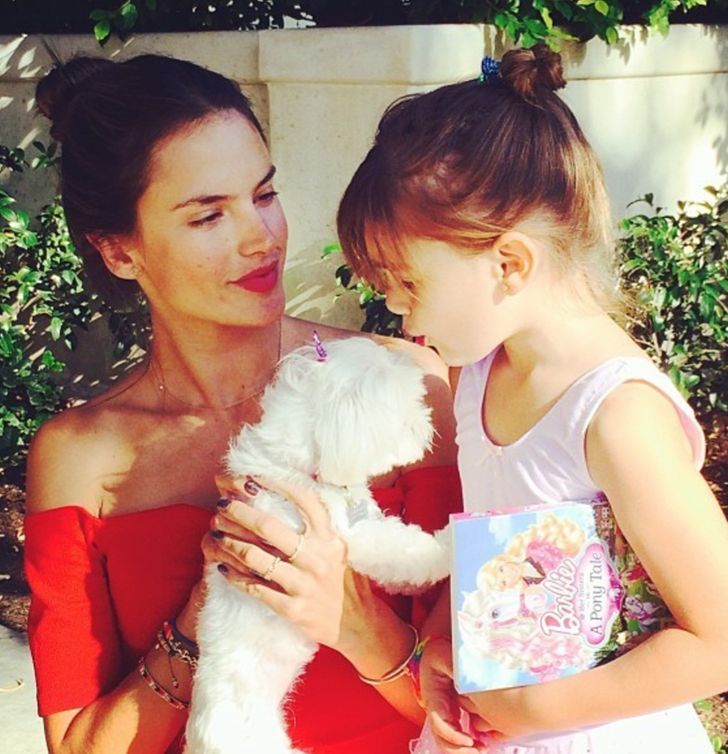An article was written to tell people this? Seriously??
Why Children Who Are Taught to Say “Thank You,” “Please,” and “Have a Nice Day” Grow Up to Be Truly Good People
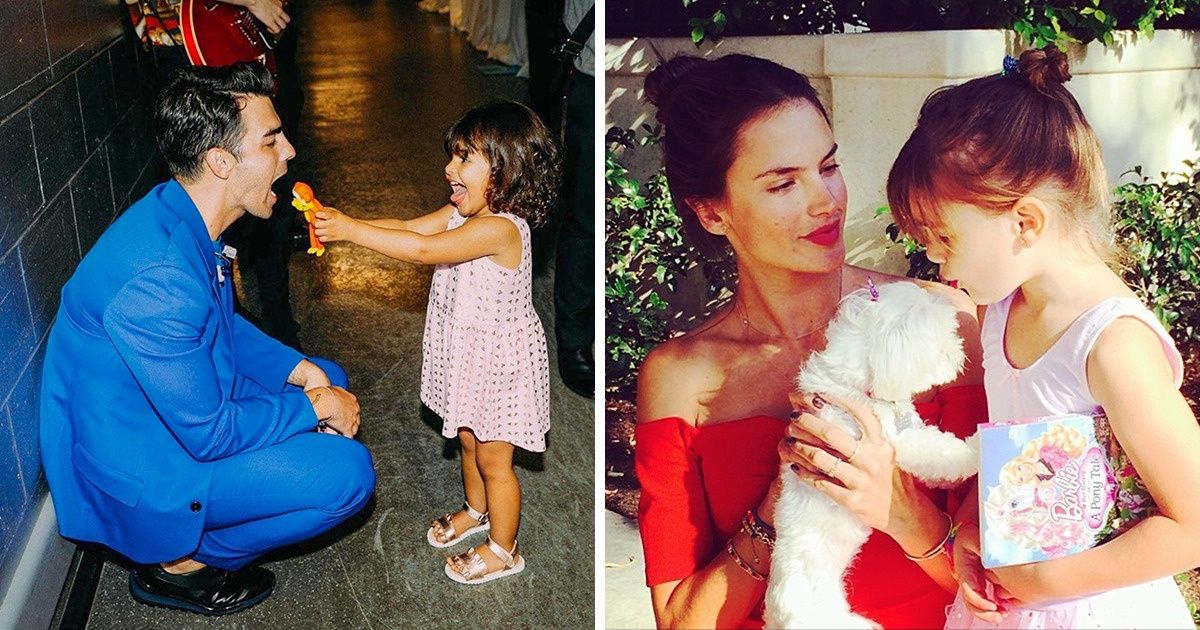
When parents teach children to be polite and say “Thank you,” “Please,” and other common niceties, it’s not wrong to assume they’re just teaching them good manners. But, you probably didn’t think that they’ve been teaching the secret to everlasting happiness all along.
We at Bright Side were thrilled to find out that teaching your kids good manners has a positive effect on their lives as they grow up, and by the end of this article you’ll find out what that means.
Expressing gratitude has psychological health benefits.
According to some studies, there is a direct link between good health and expressing gratitude. Gratitude helps people feel more positive emotions, relish good experiences, and improve their health. In fact, one study was performed to test this theory, where the researchers asked all participants to write a few sentences each week, focusing on certain topics.
One group wrote about things they were grateful for, and the second group wrote about the things that irritated or displeased them on a daily basis. After 10 weeks, those who wrote about gratitude were more optimistic, felt better about their lives, and also exercised more than those who focused on the negative things, meaning that practicing gratitude influenced their mindset in a positive manner.
It helps develop and preserve relationships.
Teaching your kids to be thankful and express gratitude in their lives will help them nourish and maintain important relationships later in adulthood.
One study done by Sara Algoe, Ph.D., of the University of North Carolina, suggests that openly expressing gratitude and appreciation to the people around you has long-term and short-term health benefits on you and the person you direct your positive manners to. This means that gratitude is very important to building and nurturing relationships in the long run.
Practicing courtesy and gratitude from an early age helps build a strong character.
Kids are like sponges. Everything in the world is new to them, which is why it’s important to teach them which manners in human interactions lead to developing a strong and noble character.
According to Jean Piaget, a specialist in child development, the best age to start teaching a child manners is between 2 and 7 years old. During this time, the “intuitive intelligence stage” is formed, and children begin to progressively understand the true value of respect, empathy, and justice.
Tips and techniques for raising grateful children
Since we covered the reasons for how gratitude and courtesy can help children live a happy and healthy life, let’s see what some of the most efficient ways are of boosting gratitude as behavior in children:
- Be a role model: Kids watch closely what their parents say and how they say it. When you are sincerely grateful, your kids will learn from that and be more likely to replicate the same behavior.
- Talk openly about gratitude: Discussing the concept of gratitude will allow your child to become directly aware of its importance, and it will prompt your child to develop gratitude as well.
- Keeping a gratitude journal: Teach your kid to practice writing down 2 to 5 things they are grateful for every day, and to explain why each of those things makes them grateful.
Do you agree that gratitude is a key to long-term happiness in children? Do you, or would you, teach your child to express gratitude? Share your thoughts in the comments below.
Comments
its good children are taught to say please and thank you but when some kids grow into teenagers the lesson of please and thank you is out the window but this only applys to a handful teenagers are generally lovely
I am thankfull for my mom teaching me all this stuff, I can be heck of a gentleman when I want to. However it was sadly not the case for my dad, he broke the good parts, I learn all about thanking, being sorry, ect; my dad once made this rule-like when me and my brother were having trouble against each others: He told us to both be sorry, not just one of us. Then many years later, I get troubles with my dad, I said sorry but he didnt, I even reminded him of what he said before. Since that day, I still remember how awfull it is to not be forgiving or polite, and how important it is to be sorry and thankfull. But something like my dad did, hurting me directly and doing like its nothing. It is unforgivable no mather what. So please, do teach them the right thing and dont be like my dad.
Related Reads
15 Heart-Centered Moments of Human Kindness That Only Happen Once in a Blue Moon
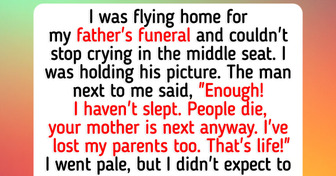
I Refused to Pay for Our Valentine’s Dinner—Then I Learned the Heartbreaking Truth

I Refused to Be a Free Hotel for My Late Son’s Family: They Eclipsed My Life
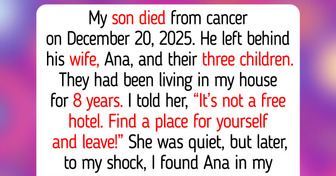
I Refuse to Save the Father Who Abandoned Me—Now Everyone Calls Me Heartless
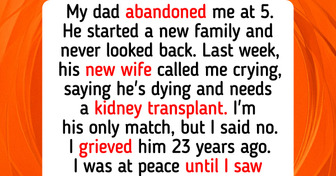
I Refuse to Keep Visiting My Husband’s Family—I’m the Breadwinner, Not Him
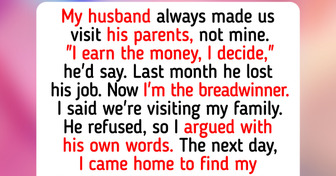
10 Times Kids Spilled Family Secrets and Shocked the Entire Room
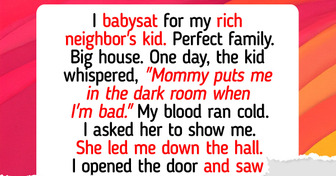
16 Stories That Prove a Dad’s Love Is the Most Powerful Magic in the World
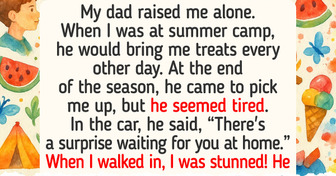
I Refuse to Earn Pennies While My Manager Cashes a Fortune
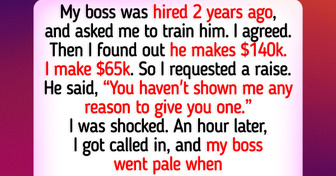
14 People Who Just Went With the Flow and Ended Up With a Story Worth Telling
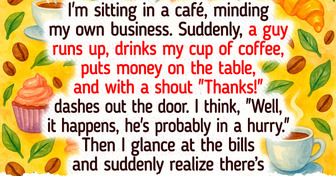
10 Moments of Superhuman Strength That Feel Like Winning the Olympic Games
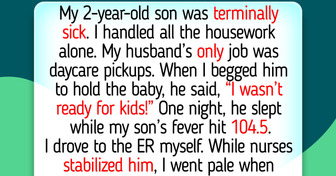
14 Neighbors Who Turned Life Into a Comedy Show Without Even Trying
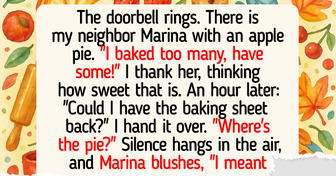
I Refuse to Watch My Teenage Daughter Give Her Entire Salary to Her Boyfriend
